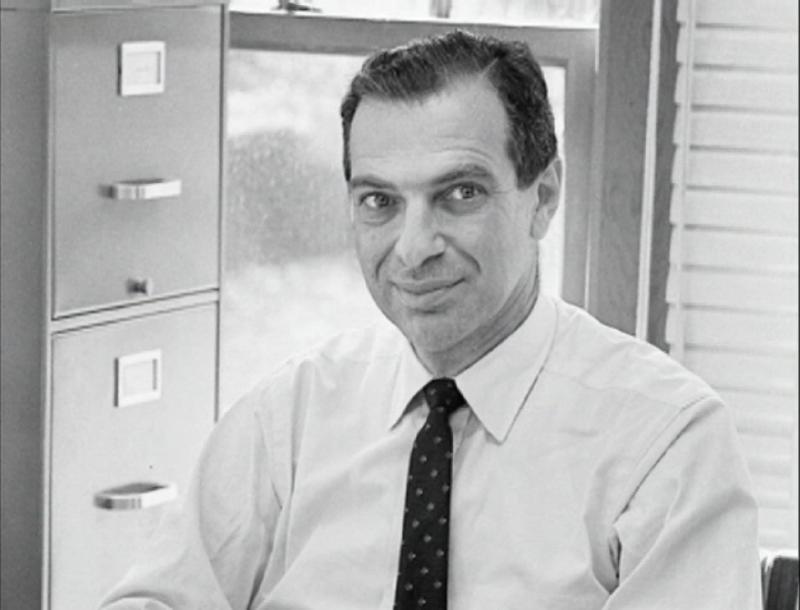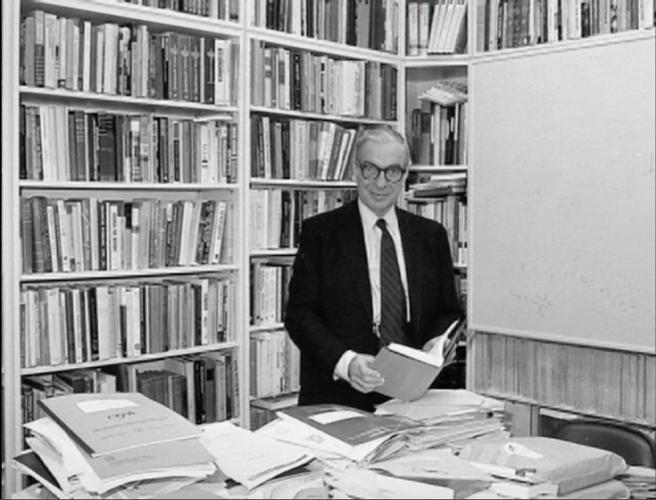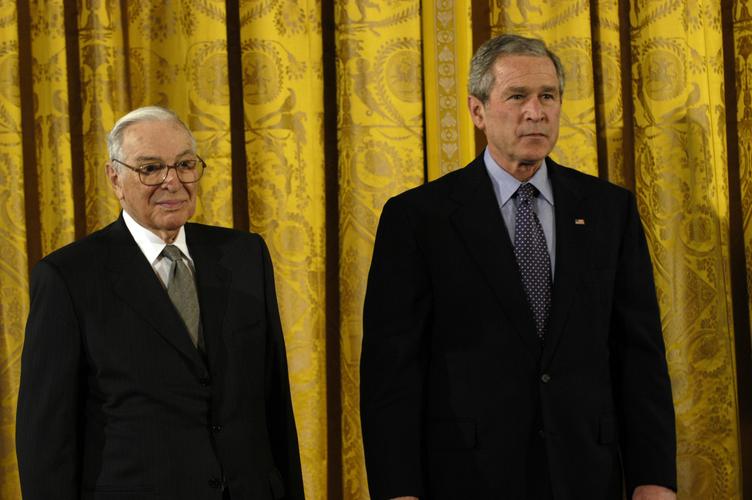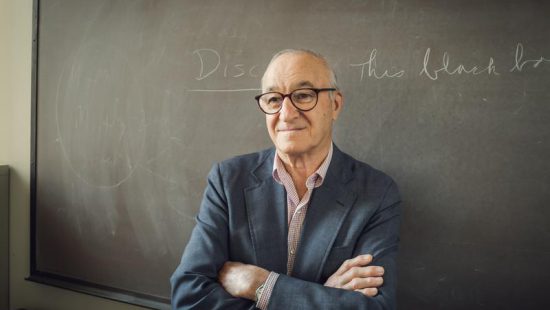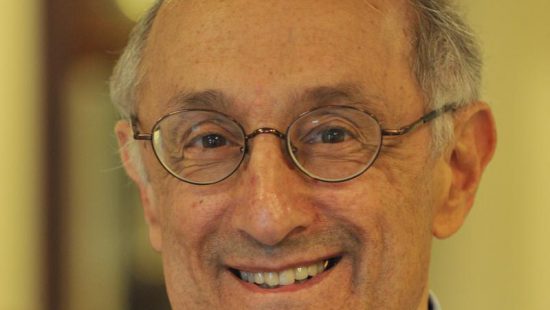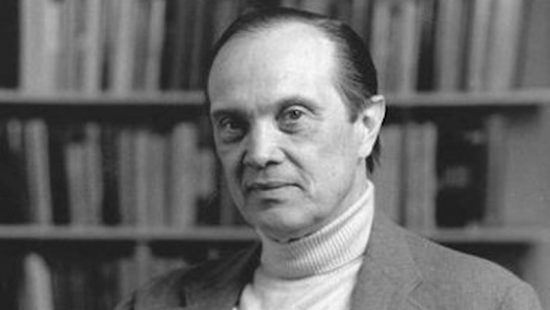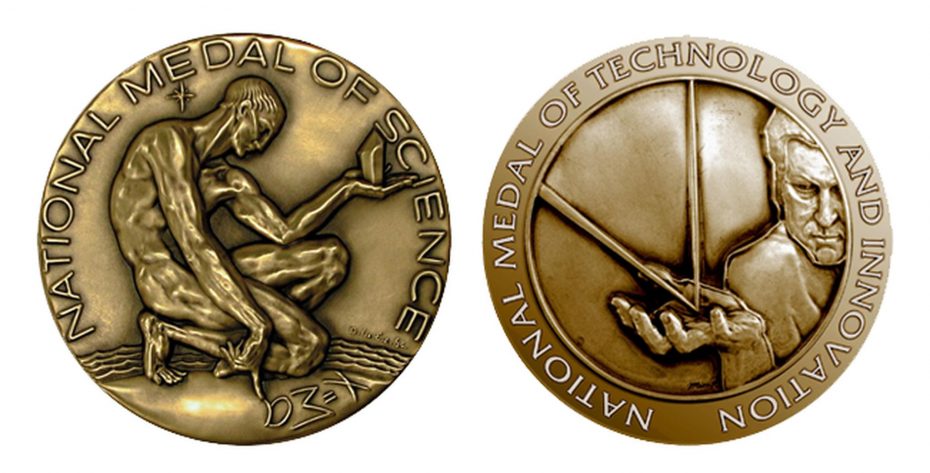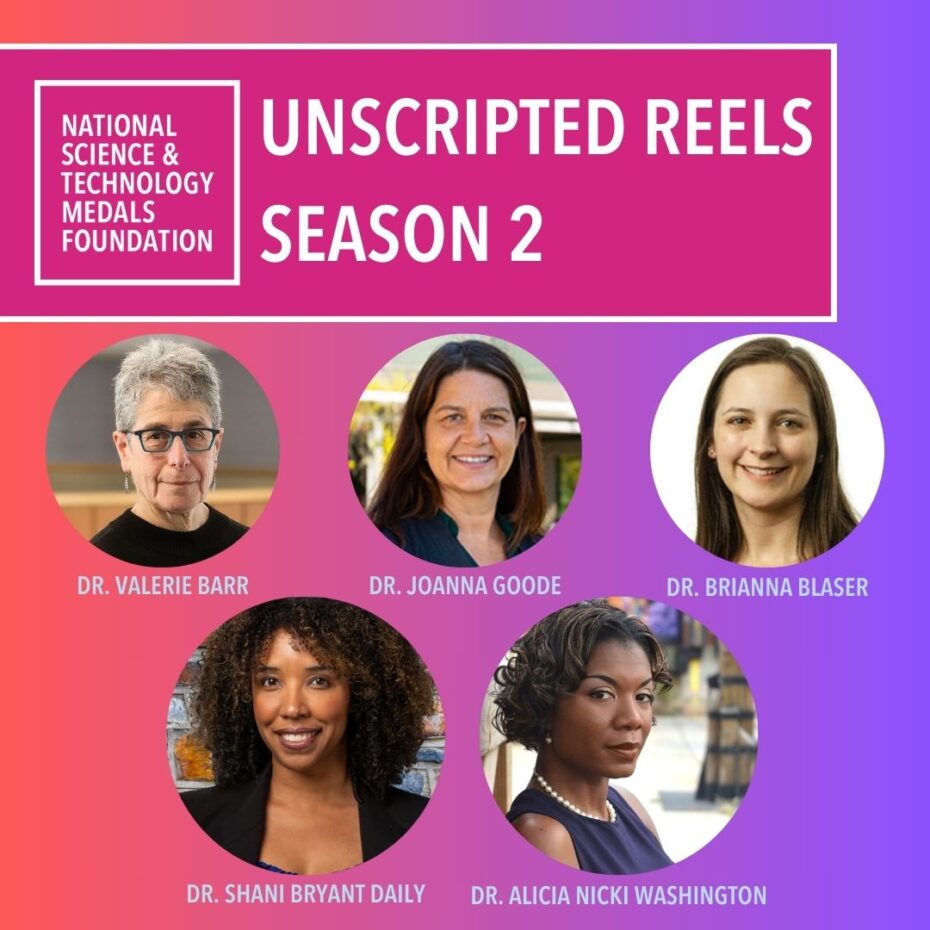Kenneth Arrow is such a prolific economist that not only did he himself win a Nobel Prize in Economics – becoming the youngest recipient in history to receive that honor – but many of his students have gone on to win the award as well. Born in 1921 in New York, Arrow studied mathematics at CUNY and attained his Ph.D. in Economics from Columbia University in 1951. His education, however, was broken up by World War II and between 1942 and 1946, Arrow served as a weather officer in the U.S. Army Air Corps, where he performed research on topics like the best use of winds in flight planning. Arrow ultimately found his way to Stanford University, where he became the Joan Kenney Professor of Economics and Professor of Operations Research. Since then, Arrow has contributed greatly to economic knowledge, specifically with research on welfare economics and general economic equilibrium theory. He is most famous for “Arrow’s impossibility theorem,” which states that a ranked-order voting system cannot accurately reflect social preferences while abiding by specific conditions of rationality and equality, such as non-dictatorship, individual sovereignty, and unanimity.
By Jeremy Gordon

